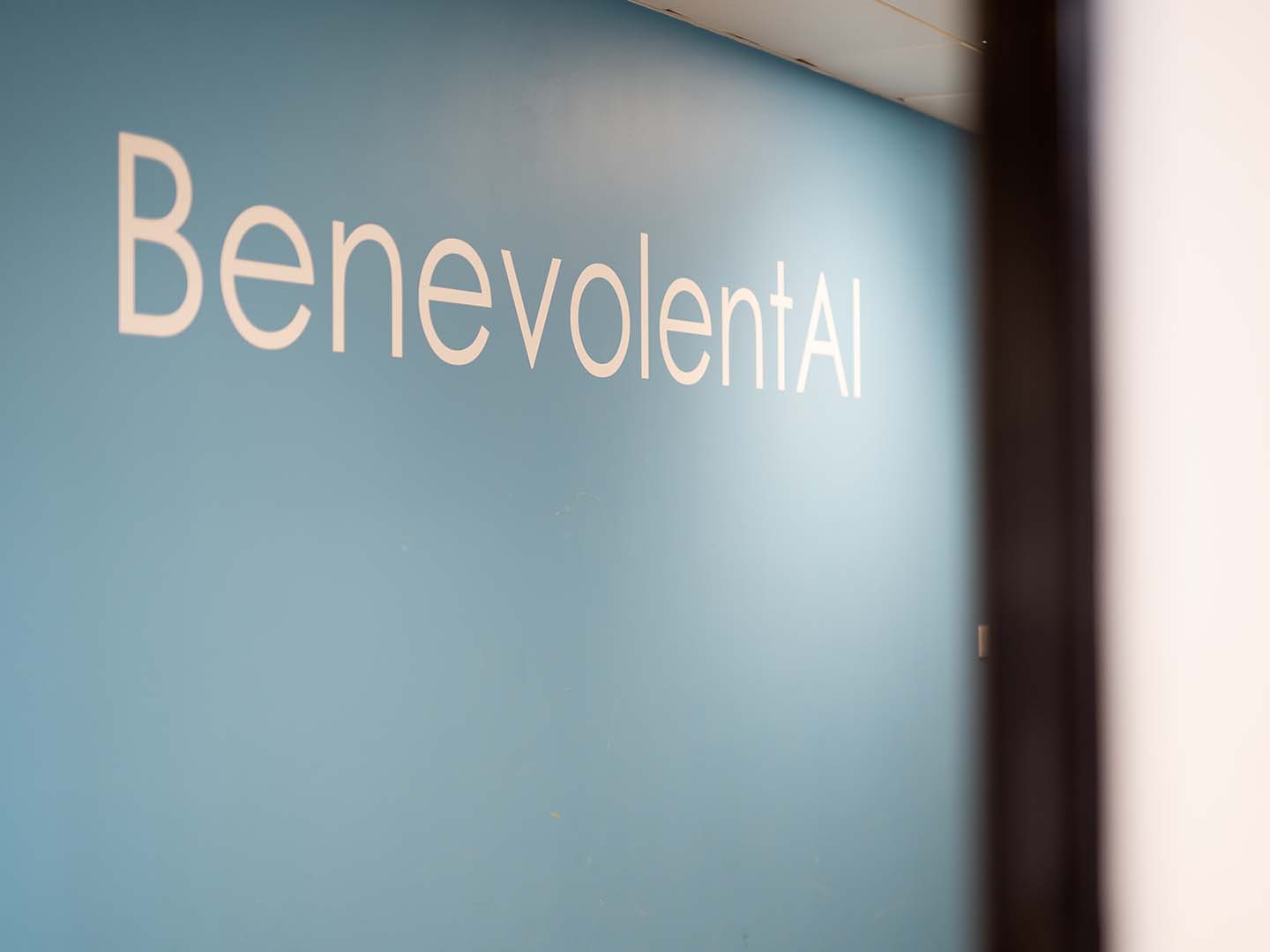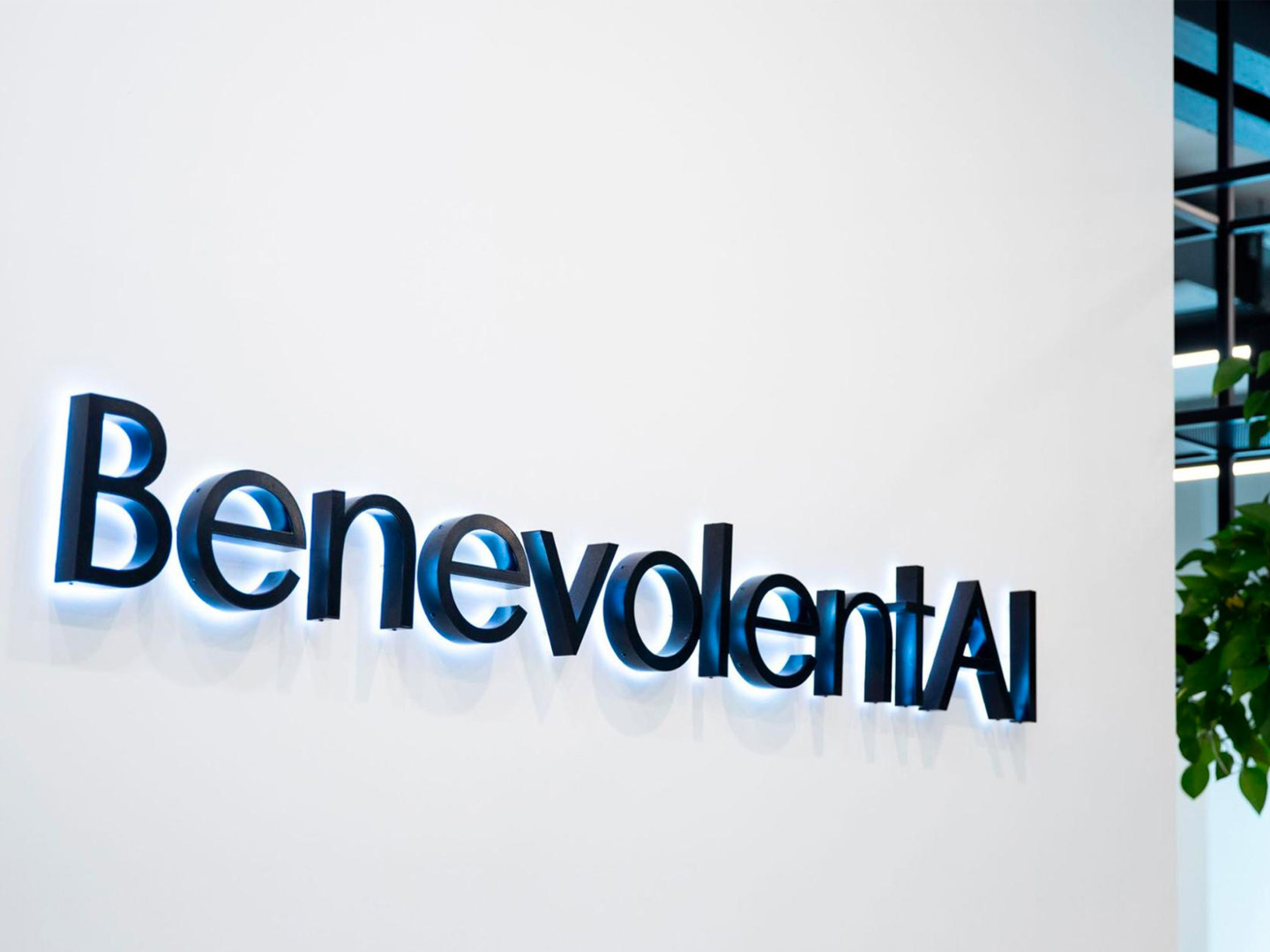- BenevolentAI first identified baricitinib as a potential COVID-19 treatment in January 2020 and published its hypothesis in The Lancet and in The Lancet Infectious Diseases
- The RECOVERY data adds to the growing body of evidence from nine clinical trials across 12,000 patients in which the use of baricitinib (or another JAK inhibitor) was found to reduce deaths in hospitalised COVID-19 patients by approximately one-fifth (rate ratio 0.80, 95% CI 0.71 to 0.89; p<0.001)
London, 4 March 2022, The University of Oxford team running the Randomised Evaluation of COVID-19 Therapy (RECOVERY) trial, which recruited over 4,000 patients, have announced that treatment with baricitinib reduces deaths in patients hospitalised with COVID-19 by 13% (rate ratio 0.87, 95% CI 0.77 to 0.98; p=0.026). The benefit was greatest in those seriously ill and additive to that of dexamethasone and tocilizumab, two other anti-inflammatory treatments which have previously been shown to reduce the risk of death in these patients.
Dr Anne Phelan, Chief Scientific Officer at BenevolentAI, commented: “This story started with our novel AI-derived hypothesis, which quickly led to unprecedented global scientific collaboration from public, private and non-profit organisations around the world. Each has played their part in bringing this game-changing discovery to patients. Today that story comes full circle, with another life-saving COVID-19 treatment added to the clinical armamentarium, further validating our hypothesis. The significance of this spans beyond COVID-19: it demonstrates that our technology can fundamentally transform the way we understand disease biology and help uncover new treatment approaches for thousands of diseases.”
RECOVERY is one of nine clinical trials of baricitinib and similar drugs (known as JAK inhibitors) for the treatment of COVID-19. Across these nine trials, which involve around 12,000 patients, the use of baricitinib (or another JAK inhibitor) was found to reduce deaths in hospitalised COVID-19 patients by approximately one-fifth. In the RECOVERY trial, baricitinib also increased the chances of patients being discharged alive within 28 days and reduced the risk of their condition worsening.
BenevolentAI first identified baricitinib as a potential COVID-19 treatment in January 2020, and published this research in The Lancet and in The Lancet Infectious Diseases. The company’s scientists used its AI Platform and biomedical Knowledge Graph to search for already approved drugs that could both inhibit viral entry into cells, and deliver an anti-inflammatory effect to reduce the body’s extreme immune response known as the cytokine storm. Baricitinib, an oral JAK inhibitor, owned by Eli Lilly and approved for rheumatoid arthritis, was identified as the most promising treatment from a list of thousands of potential drugs. During a 48 hour accelerated search process, the team uncovered baricitinib’s previously unknown anti-viral properties, in addition to its already known anti-inflammatory effects.
BenevolentAI’s research sparked global trials of baricitinib to treat COVID-19, such as the [NIAID https://www.benevolent.com/news/niaid-releases-additional-data-validating-benevolentais-hypothesis-for-baricitinib-as-a-treatment-for-covid-19-patients-in-large-scale-randomised-control-trial] ACTT-II. Eli Lilly’s placebo-controlled trial, COV-BARRIER, showed baricitinib reduced deaths in hospitalised COVID-19 patients by 38%. Baricitinib has been strongly recommended by the World Health Organisation (WHO) at its highest evidence level in the BMJ Living Review. It has been authorised for emergency use as a solo treatment for hospitalised patients by the FDA, or in combination with remdesivir.
About BenevolentAI
BenevolentAI is a leading, clinical-stage AI drug discovery company. Through the combined capabilities of its AI Platform, scientific expertise and wet-lab facilities, BenevolentAI is well-positioned to deliver novel drug candidates with a higher probability of clinical success than those developed using traditional methods. BenevolentAI has a consistently proven track-record of scientifically validated discoveries. The BenevolentAI PlatformTM powers a growing in-house pipeline of over 20 drug programmes, spanning from target discovery to clinical studies, and it maintains successful commercial collaborations with leading pharmaceutical companies. BenevolentAI is headquartered in London, with a research facility in Cambridge (UK) and a further office in New York.
Back to press releases and in the media



